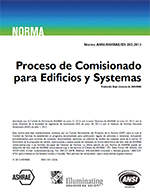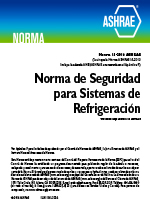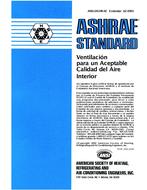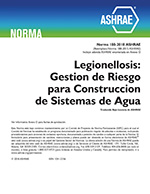Description
Aerogel-enhanced products are often indicated as promising materials for increasing the thermal resistance of the building envelope. However, their high cost, typically related to the critical conditions needed for the synthesis of the aerogels, is often limiting their diffusion. This paper aims to present a new low-cost aerogel-enhanced blanket manufactured at Ryerson University in Toronto (ON) using ambient pressure drying conditions in an effort to lower the cost, and then to investigate the possible applications of these products for the correction of thermal bridges. In aerogel-enhanced blankets, fiber-matrix bonds together the aerogel structure, compensating the low mechanical properties of the aerogels without reducing their exceptionally low thermal conductivity. Thermal characterization tests confirm the superior performance of aerogel-enhanced blankets, which show thermal conductivity values below 0.016 W/mK. Then, the utility of aerogel-enhanced blankets for correcting typical thermal bridges is assessed through simulations in twelve typical construction nodes: six concrete and six steel constructions. For the scope of thermal bridge correction, the inclusion of 10 mm and 20 mm thick aerogel-enhanced blankets was modeled in both 2D and 3D. Among the investigated nodes, results show that the wall to balcony connection in concrete structures could have the greatest improvement in linear thermal transmittance (88% lower) if the thermal bridge is corrected with thin aerogel-enhanced blankets.
Citation: Thermal Buildings XIV 2019
Product Details
- Published:
- 2019
- Number of Pages:
- 8
- Units of Measure:
- Dual
- File Size:
- 1 file , 1.2 MB
- Product Code(s):
- D-Bldgs19-007




